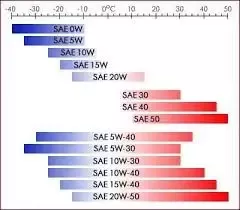Fixing engine noise requires identifying the underlying issue and taking appropriate steps. Here are some common approaches:
- Exhaust System Repairs:
- Inspect the exhaust system for leaks, rust, or damage.
- Replace damaged components like the muffler, catalytic converter, or exhaust pipes.
- Tighten loose connections.
- Belt Maintenance:
- Check serpentine belts and timing belts for wear.
- Replace worn-out belts promptly.
- Adjust belt tension if needed.
- Address Misfires:
- Diagnose misfiring cylinders using a diagnostic tool.
- Replace faulty spark plugs, ignition coils, or fuel injectors.
- Lubrication:
- Maintain proper oil levels.
- Use the recommended oil type.
- Lubricate moving parts to reduce friction.
- Cooling System Inspection:
- Ensure the cooling fan and water pump function correctly.
- Prevent overheating to avoid additional stress on the engine.
- Tighten Loose Parts:
- Inspect bolts, brackets, and engine mounts.
- Tighten any loose components.
- Air Intake System Check:
- Verify air filter cleanliness.
- Address any issues with aftermarket air intake systems.
- Transmission Maintenance:
- Address transmission-related noises promptly.
- Consult a professional if you suspect transmission problems.
- Pulley Examination:
- Inspect pulleys (e.g., idler pulley, tensioner pulley).
- Replace damaged pulleys.
- Professional Assessment:
- If the noise persists, consult a mechanic.
- They can diagnose and fix the specific issue.
Remember that a proper diagnosis is crucial, and seeking professional help ensures effective solutions.
Read More: What is the Best Engine Oil for Noise Coming from the Lifters?


